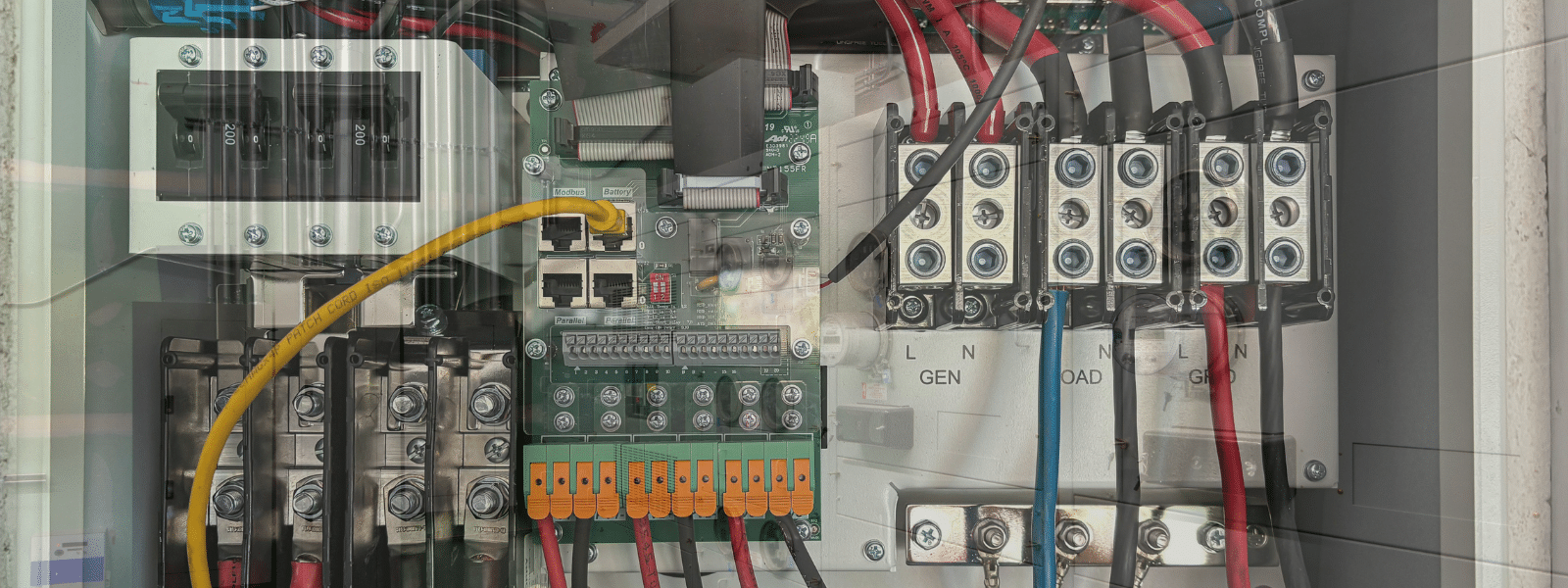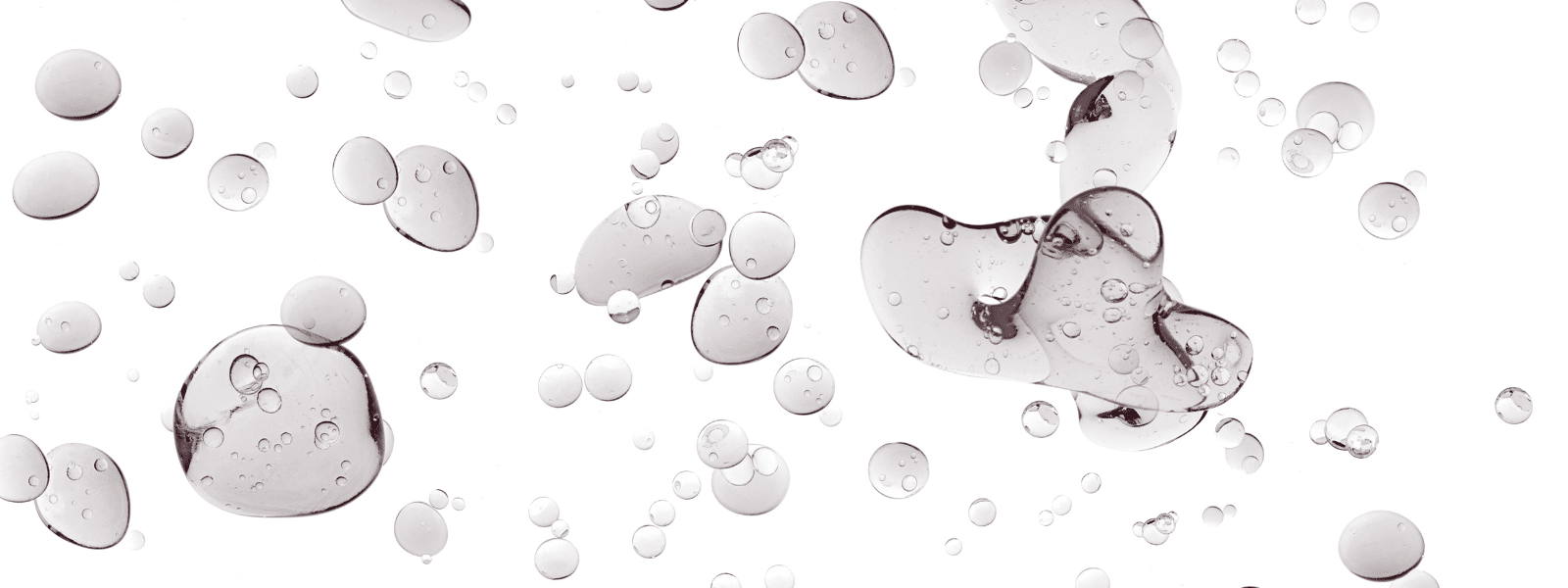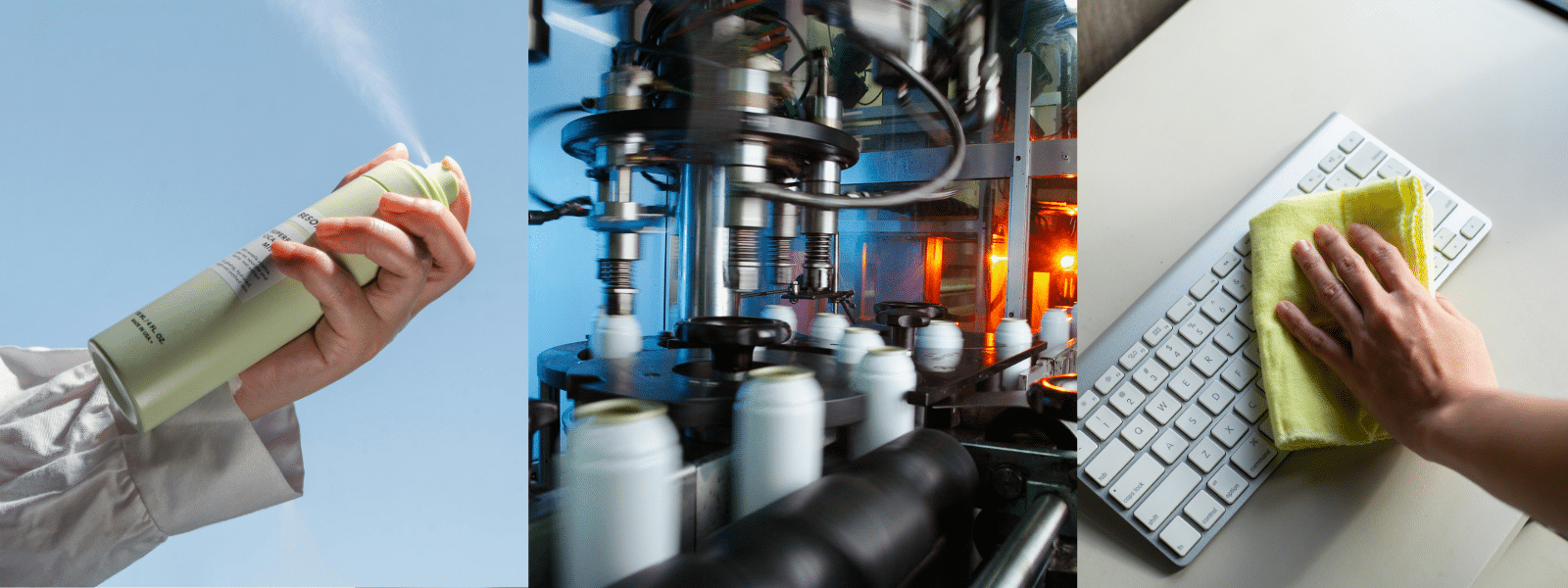Corrosion, or the breaking down of metals, can cause massive damage in water processing systems like boilers and water-cooling systems. To prevent and remove this dangerous breakdown, corrosion inhibitors are essential to protecting your equipment. Today, we will discuss what exactly a corrosion inhibitor is and what types of chemicals can be used to prevent or remove metal decomposition.
What Is a Corrosion Inhibitor?
Corrosion inhibitors are compounds that can lower the deterioration rate of a material (usually metal) that comes in contact with a corrosive agent such as oxygen or hydrogen sulfide. There are four classifications of inhibitors for corrosion based on how they work on a metal:
- Cathodic: slows the reaction at the cathodic areas to reduce diffusion to the metal
- Anodic: forms a preventative layer on the metal by blocking anionic areas
- Mixed: also forms a layer on the metal but works to reduce both cationic reactions and anionic reactions
- Volatile: reduces corrosion by slowly volatilizing and releasing compounds in a sealed atmosphere
These chemicals can be applied in many different scenarios and many different products, but the effectiveness of the compound will depend on your specific situation. In some cases, they can also be referred to as oxygen scavengers.
Examples of Corrosion Inhibitor Chemicals
Many chemicals can protect the metal from corrosion. Some examples include:
- Animes
- Hydrazines
- Benzotriazole
- Dimethylethanolamine
- Chromates
- Sulfites
- Silicates
Ecolink Products
Ecolink has a variety of products that can be used as corrosion inhibitors. A few of our options and a small description of them include:
- Boiler Guard: Boiler Guard is a water treatment solution that can remove scale and corrosion from steam boilers. This solution made of mostly sodium hydroxide and diethyl ethanolamine is also utilized to prevent the issue from occurring again.
- Boiler & Cooler Waterguard: The water guard is a solution consisting of mostly sodium hydroxide and sodium nitrite that prevents corrosion, rust, and scale buildup in closed-loop water treatment systems.
- Chill Guard: Chill Guard is an easy-to-use product to prevent scale and corrosion in recirculating water systems like air wash systems and cooling towers. It works on ferrous and non-ferrous metals.
Interested in Protecting Your Equipment From Corrosion?
Ecolink is here to help! As a trusted industrial chemical supplier, we do everything we can to ensure your company receives the best products to prevent corrosion to your systems and equipment. Feel free to contact us today if you need assistance! Our chemical experts would be delighted to answer any questions you may have!















